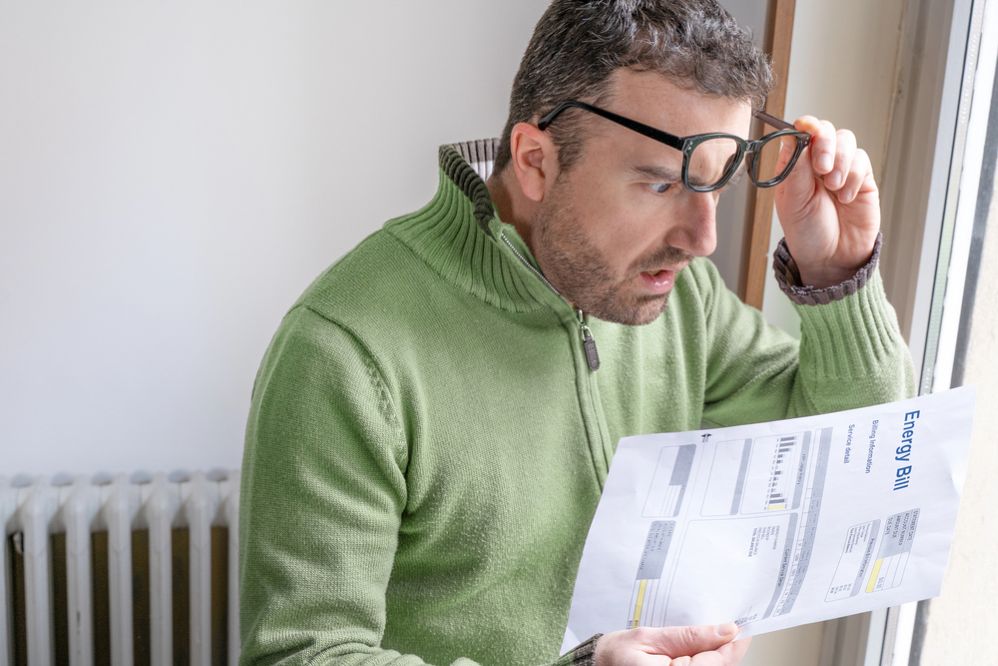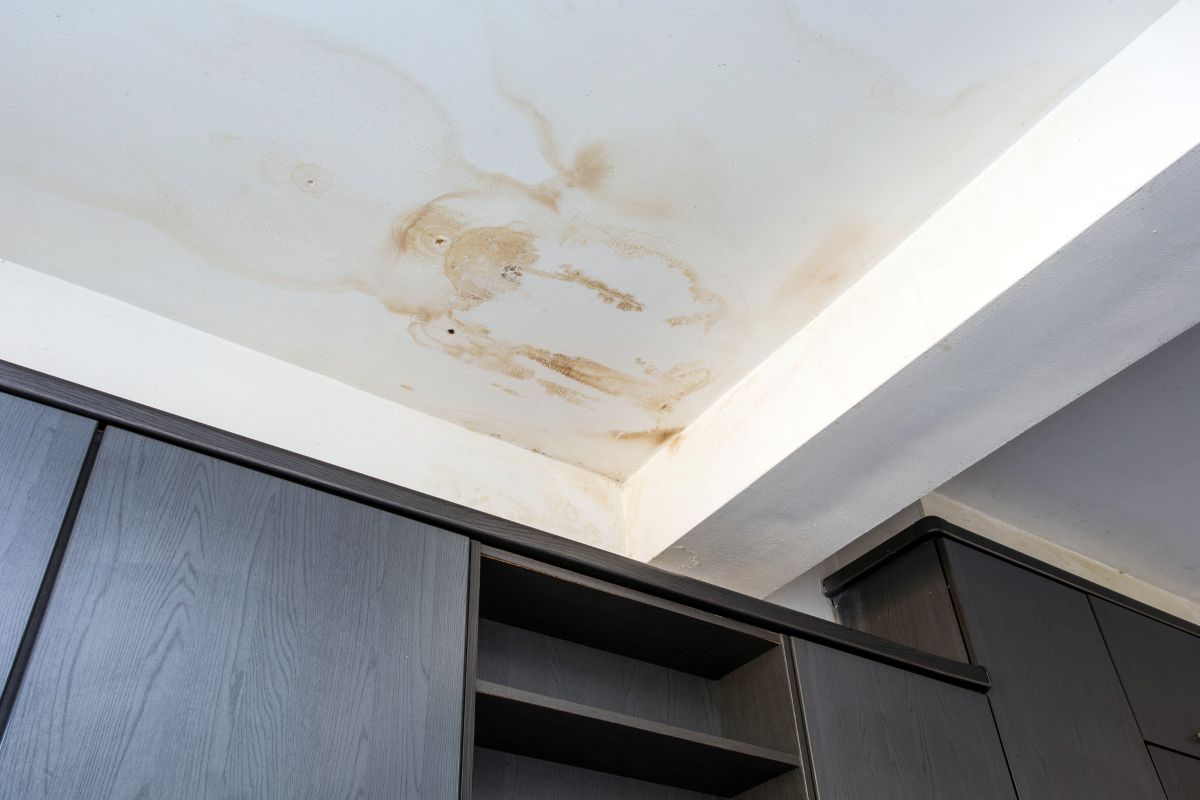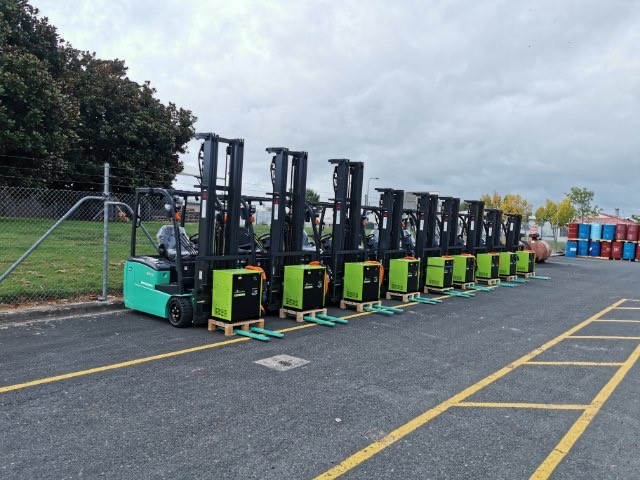Heat pumps have become a go-to heating solution in Ashburton and across South Canterbury for good reason. They’re efficient, clean, and relatively low-maintenance. But even the best system, when misused, can become a power-guzzling liability. Many homeowners see rising energy bills during winter, blaming the unit itself when the real issue is in how it’s being used.
Local winters demand smart, consistent heating, not reactive overcorrection. Treating a heat pump like a panel heater or a fan can cost hundreds extra per year. Smarter use isn’t a bonus, it’s the difference between affordable comfort and a monthly power shock. Understanding how these systems work is the first step to getting the most out of them. That means avoiding common errors, committing to regular upkeep, and thinking beyond the on/off button.
Key Takeaways
- Misusing a heat pump leads to inflated power bills and faster wear
- Consistent temperature and correct settings matter more than model
- Dirty filters and poor insulation waste more energy than most realise
- Strategic use of timers and room layout can slash energy use
- Professional maintenance isn’t optional, it’s essential
- Local factors like weather and insulation matter more than people think
Mistakes That Are Burning Your Power Bill
Cranking the Temp Up and Down All Day
Constantly adjusting the temperature doesn’t heat a room faster, it forces the system to work harder than necessary. A heat pump doesn’t blast instant heat like a wood burner. It gradually lifts room temperature and maintains it. Fluctuating settings only confuse the system and inflate energy consumption.
This habit also shortens the system’s life span. The compressor works harder, more frequently, and without enough recovery time. It leads to greater energy draw and accelerates wear on key components. Instead of quick comfort, this approach delivers quicker repairs and bigger bills.
Using Auto Mode Instead of Heating Mode
Auto mode is one of the most misused features on a heat pump. While it sounds convenient, it can cause the system to switch between heating and cooling, especially during mild weather. This on-off cycling burns through more electricity and creates temperature instability indoors.
It’s best to set your system to “heat” during winter and leave it there. That keeps the unit focused on maintaining a single, efficient goal. Constant flipping between modes confuses airflow, delays temperature regulation, and frustrates users trying to stay comfortable.
Running It With Dirty Filters
Clogged filters force the heat pump to work harder to push air through, reducing efficiency and increasing strain on the motor. A dirty filter can spike energy use by up to 15 percent. Monthly filter checks and cleans take less than five minutes but can prevent costly service calls.
Dust, pollen, pet dander, and mould spores all contribute to clogging. In homes with pets or high traffic, cleaning might need to happen more than once a month. Failing to keep filters clean also affects indoor air quality, which can trigger respiratory issues and allergies.
Smarter Usage Habits That Actually Work
Set and Forget: Why 20–22°C Is the Sweet Spot
The most efficient way to use a heat pump is to choose a comfortable temperature, usually around 20 to 22 degrees, and leave it there. This stable setting avoids power surges and keeps the compressor running at an energy-saving low speed.
Jumping between 18°C in the morning and 24°C at night forces the compressor to work overtime, and the gains are minimal. A steady setting not only saves money, it extends the life of the system. This is especially important during the long, cold stretches common in South Canterbury.
Use Curtains and Doors to Keep Heat In
Open-plan homes lose heat quickly. Closing curtains before dark and shutting doors between rooms helps retain warmth. These small actions reduce the workload on your heat pump, lowering both power use and wear on the system.
Heavy, lined curtains are especially effective at trapping warmth. Door snakes or basic draft stoppers can make a noticeable difference in rooms with poor sealing. Insulating behaviours add up, often reducing the need to run the unit continuously.
Timers, Not Guesswork
Most modern units come with timer functions. Scheduling the system to turn on shortly before waking or returning home prevents overuse. Leaving it on all day “just in case” leads to unnecessary energy costs, especially in milder shoulder seasons.
Using timers correctly ensures warmth when needed without running the unit nonstop. Many units also include eco or sleep modes, which lower output overnight while maintaining comfort. Leveraging these settings can significantly reduce monthly costs.
What Local Installers Wish You Knew
Heat pumps aren’t plug-and-play. Optimal use depends on understanding both the unit and the home it’s in. In South Canterbury, colder inland conditions and varying insulation levels mean no two homes heat the same way. Seasoned installers can assess these factors and recommend settings that work for specific layouts and weather conditions.
Not sure what to ask before installing a new system? These five key heat pump questions can save you time, money, and future regrets.
Roof pitch, insulation thickness, floor coverings, and daily usage patterns all impact how a unit performs. Local technicians have first-hand knowledge of how heat pumps behave in regional homes. That insight is invaluable when diagnosing poor performance or unexplained spikes in energy use.
Maintenance isn’t a fix after things go wrong, it’s a preventive measure that protects performance. Units that receive annual checkups often last several years longer and maintain better efficiency throughout their lifespan. Annual servicing often includes refrigerant checks, airflow diagnostics, and thermostat calibration, all vital to long-term function.
Thinking Long-Term: Heat Pump Maintenance Pays Off
An annual professional service can identify worn components, test airflow, and recalibrate sensors. This ensures the system is running at its full potential, something DIY maintenance can’t always guarantee. Over time, the cost of regular servicing is far less than the power bills and repair jobs caused by neglected systems.
Professional servicing may also catch early signs of faults that would otherwise go unnoticed until full failure. Electrical testing, fan motor assessment, and drainage inspection are standard parts of a technician’s checklist. All of these extend the life of the system and maintain safety.
Regional service providers offer maintenance plans that align with the South Canterbury climate, ensuring filters are clean, refrigerant levels are correct, and indoor and outdoor units are free of obstruction. Choosing an experienced provider means getting seasonal advice and faster response times when urgent issues arise.
Your Home, Your Bill: Why Local Use Matters
Heating demands vary greatly across Ashburton and surrounding areas. A well-insulated Timaru townhouse will use a heat pump differently than an older farmhouse outside Waimate. Factors like ceiling height, number of windows, and daily occupancy all play a role in what settings and schedules will yield the lowest bills.
Rural properties with poor insulation will struggle to retain warmth, meaning the system must work harder for longer. Urban homes with newer construction may have the opposite problem, tight thermal envelopes that cause heat to build up quickly. Settings that work for one won’t work for the other.
A local expert understands these nuances. Their experience with homes in the region gives them insight that online guides or generic recommendations simply can’t provide. Matching system settings to household behaviour is what separates efficient operation from constant troubleshooting.
Final Thought: It’s Not the Pump, It’s How You Use It
Smart heating isn’t about buying the most expensive system, it’s about using the one you have wisely. Power bills drop when filters are cleaned, settings are consistent, and timer functions are used strategically. Local expertise takes the guesswork out of the equation, offering solutions that match the climate and lifestyle of South Canterbury households.
Ongoing servicing, smarter habits, and minor home adjustments all contribute to a heating system that performs well without draining your wallet. Reliable heating doesn’t come from guesswork. It comes from understanding the machine, the home, and the habits that bring the two into sync. Choose a technician who knows the local conditions and make every kilowatt count.
And if you use a fireplace instead of a heat pump, it’s worth learning how smoke and air quality rules affect what you can legally install and burn. Many of the same regulations that apply in Wellington also influence home heating choices across South Canterbury.


